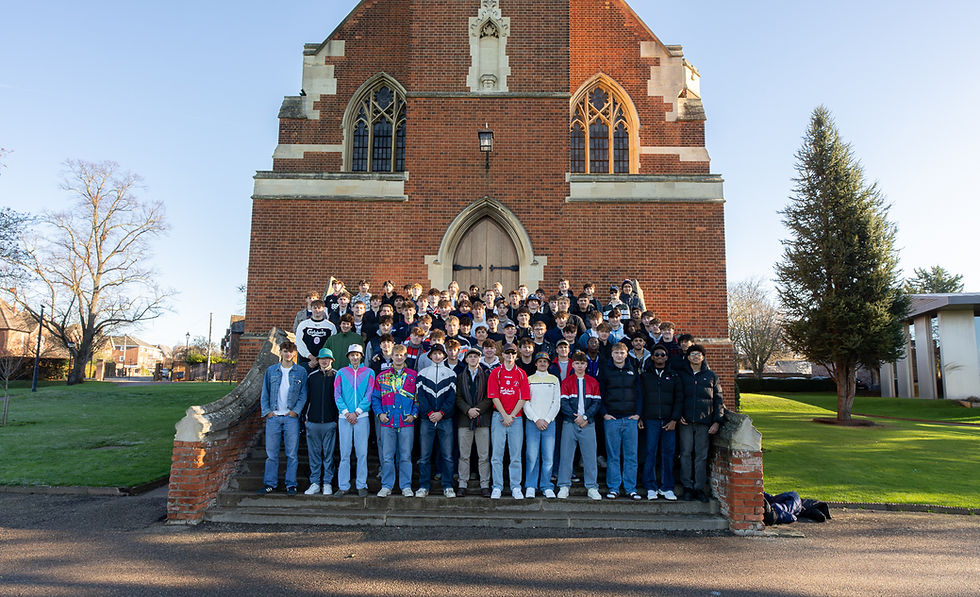16 and 17-year-olds are already taking part in politics, even if politicians don’t want to engage with them
- Stefano Di Rico
- Jul 21, 2025
- 2 min read

When I was seventeen, I lobbied MPs in the Houses of Parliament for better mental health support. Similarly, many young people in this country partake in politics by signing petitions and open letters, attending events, or writing to their elected officials. Yet, until Thursday’s announcement, they had not been able to formally engage in the political arena.
The divide between politicians and young people is dangerous. A study by YoungMinds showed that only 7% of young people believe that the government makes the right decisions for their futures. It is incredibly upsetting, yet unsurprising, that a breach of trust exists between young people and politicians. If young people cannot cast a ballot, it is logical that policies that would attract their vote are not considered in the same way as others. With the proposals announced by the Minister for Democracy, Rushanara Ali, politicians will now have to act on what matters to young people. Whether it be education reform, housing policies, or access to mental health provision in schools, parties and politicians will need to act in the best interest of all their voters.
The 2024 election had the lowest voter turnout (57.7%) for a general election since 2001. If we needed more reasons for an update to democracy, this would be it. Taking a look at Scotland, where sixteen-year-olds were enfranchised ahead of the 2014 Independence Referendum, we can see that those who received the right to vote became more politically engaged. Those who first voted before the age of eighteen formed stronger political habits, which could be seen in the follow-through data in later elections, making the turnout of voters higher than those who were not enfranchised until they were 18 years old. What is ironic is that the same people who complain that my generation “isn’t interested in politics” and that we should be more politically engaged are the ones who are opposed to the idea of us voting.
The concern that sixteen to seventeen-year-olds are not politically educated is understandable. Yet, when I turned eighteen, I do not remember receiving a crash course on how to vote. Deciding whose name to write an ‘X’ next to is something that we as citizens learn over time, just like our opinions may move along the political spectrum at different points. In my opinion, expanding the franchise to sixteen-year-olds allows them to learn the importance of one’s vote early on, and to appreciate what democracy stands for.
Ever since the My Life My Say V.16 campaign launch in June 2025 at the historic People’s History Museum in Manchester, one phase has lingered in my mind: never has a community looked back and regretted extending political franchise.
This should be a moment of hope, not fear.




